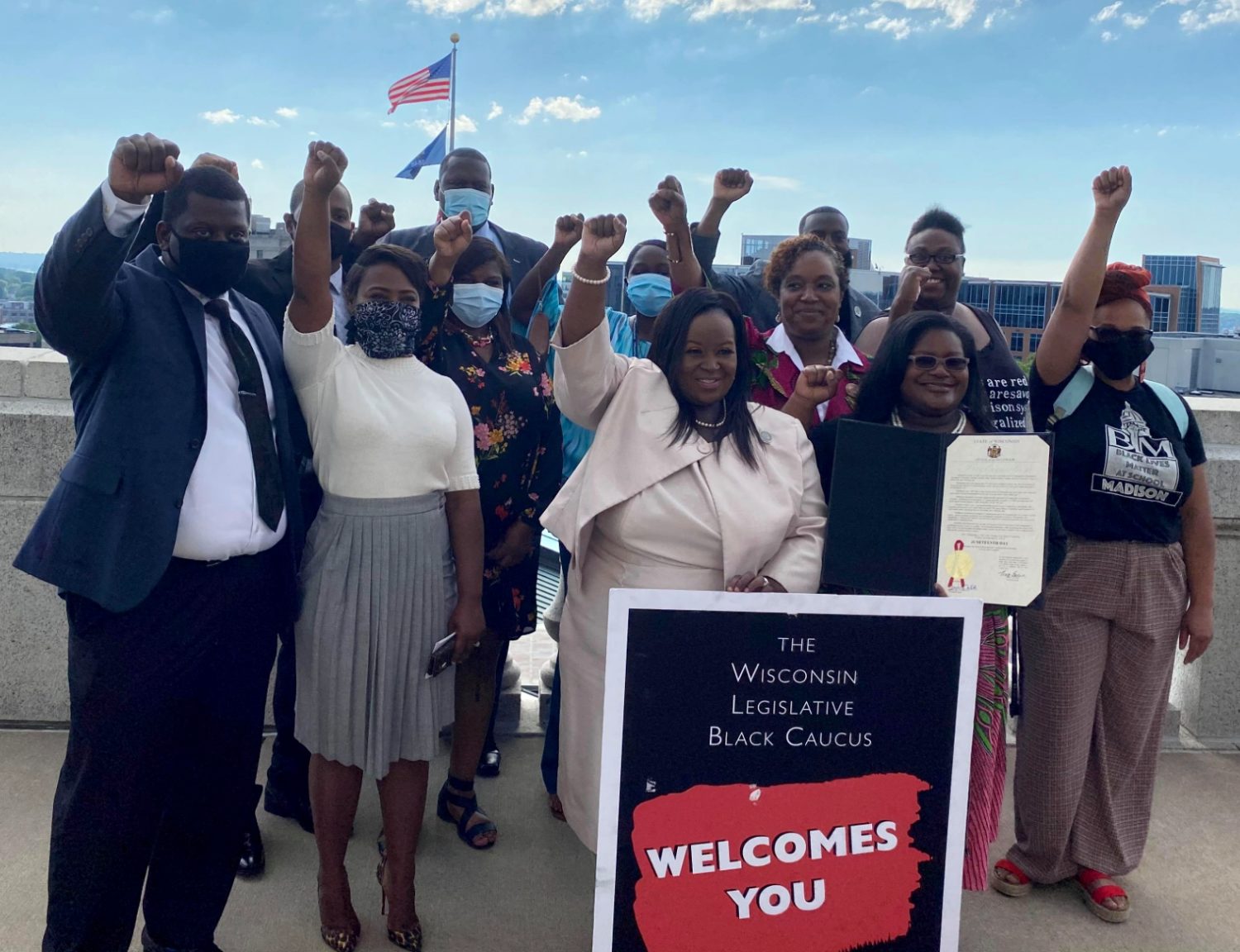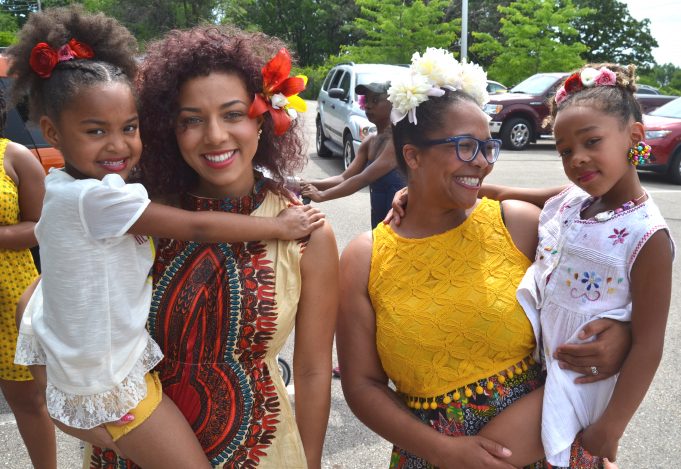My freedom was my first love.
It was instilled in me at an early age by my father that I should do what I want to do with my life. Still, no one ever asked me as a kid what my freedom meant to me? It is only as an adult that I realize part of my being free as a Black child was me getting to be a part of a family. To love and be loved are acts of freedom. To learn and question are acts of freedom.
My freedom has been a key factor in my quitting jobs, ending relationships, terminating pregnancies, writing, discovering my sexuality, telling my truth, laughing and so much more. I know and love my freedom, but it is not enough. My peoples’ freedom has been jeopardized by mass incarceration, poverty, discrimination, brutality, and denied access to education. know I cannot truly be free in a country where people who look like me are more likely to live in cages than attend college. I can’t really be free in a nation where a police officer can put his knee on a man’s neck for eight minutes and 46 seconds killing him in broad daylight and then head home for dinner like nothing happened.
I know none of us are free until we are all free. My freedom in this context is defiance. My refusal to see myself as less than is controversial. My outspoken condemnation of widespread police profiling, and the brutality my community faces at the hands of law enforcement is an act of rebellion. It is important for us to talk about Black freedom.
Once, a few years ago, a colleague of mine at an event was asked by a man in attendance how to pronounce my name. This colleague responded with “she will answer to whatever she’s called.” This immediately reminded me of the scene in Roots when Kunta Kente is forcibly renamed ‘Toby.’ Calling me by my actual name is a part of acknowledging my freedom. Still, the fact that my name is what I say it is, the way I say it was made an inconvenience by a person I worked with at a time when we were both expected to conduct ourselves professionally. This basic respect was hard for my White colleague to extend to me because my freedom wasn’t something she was at all committed to, the truth is she had never considered me free. My right to be who I am was interrupted by her deep desire to declare I didn’t really matter to her and therefore I didn’t really matter at all. And then I corrected her. You could think about Black freedom in direct relationship to slavery.

You could think about all the things Black people were not allowed to do, have, or be, during slavery. You could consider everything that has been done beyond slavery to rob us of dignity and bodily autonomy. You could even consider Black freedom the greatest fear of White America, when you really think about everything that has been done and invested in obstructing Black freedom. I inherited my indomitable spirit from people who survived the cruel insanity of racism for generations. My freedom has never been guaranteed nor given to me. My freedom has always only been mine to fight for and claim.
This year on Juneteenth I am creating family traditions with my children in celebration of Black freedom. The celebration will commence at sunrise and end at dusk. The soundtrack will begin with the Gospel, transition to the blues, jazz, and ultimately hip-hop.
Our family will write personal definitions of freedom, burn sage, make food, dance and take care of each other. We will rest, and play, and drink cool water. We will gather wildflowers. We will build an altar for possibilities and gratitude. We will have a fire in the backyard, and put money on a few friends’ books.
I’ll be there when they raise the flag for us at the capital at 7:30 a.m. in the morning. My family will protest and remember all afternoon. I will celebrate Black freedom with my every breath.
And I hope you do, too.




























